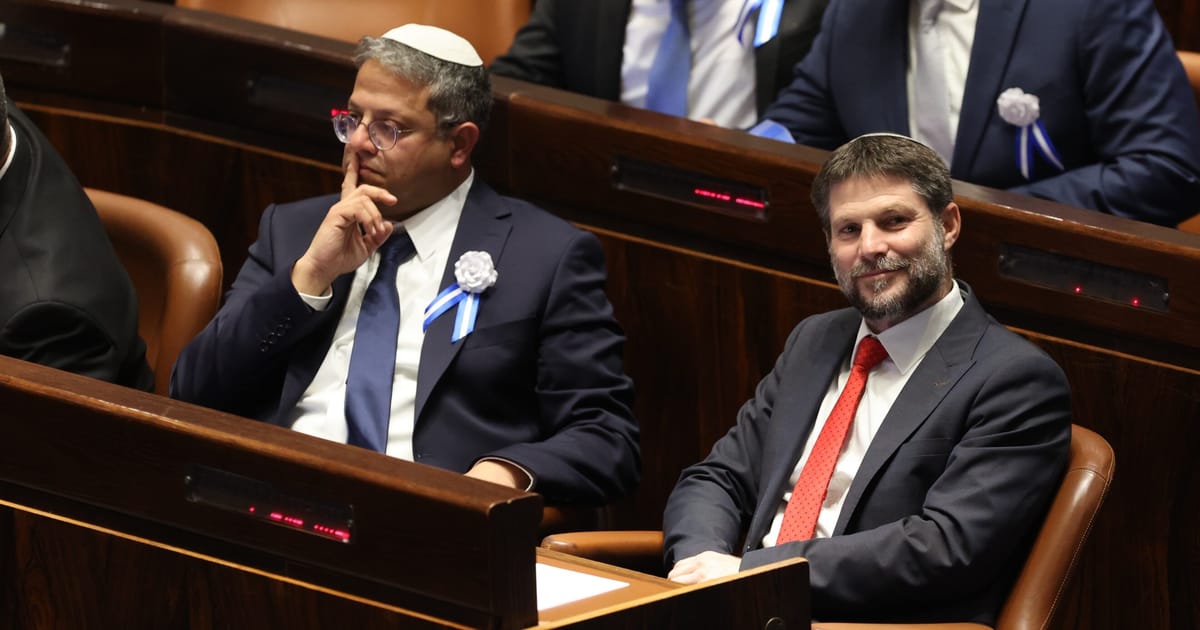

In an unfolding series of global events that underline the complexities of current international relations, the Netherlands, Ukraine, and the Gaza Strip have emerged as critical focal points. Each case presents its unique challenges and consequences for local and international communities.
A recent decision by the Dutch government has spotlighted the continued tensions surrounding the Israeli-Palestinian conflict. The Netherlands has declared Israeli ministers Bezalel Smotrich and Itamar Ben-Gvir as personae non gratae. This unprecedented move was made in light of allegations that the ministers have been advocating for ethnic cleansing in Gaza. The Dutch government’s stance highlights the broader European concerns and responses to the ongoing conflict and its humanitarian implications.
The alarming situation in Gaza continues to deteriorate, with reports from the United Nations-backed Integrated Food Security Phase Classification Initiative warning of an unfolding famine. The blockade and continuous warfare in the region have propelled Gaza into what experts are now calling a “worst-case scenario” of famine, reminiscent of the devastating famines in Ethiopia and Biafra during the last century. This humanitarian crisis underscores the urgent need for international intervention to prevent further loss of life, as mounting evidence indicates widespread starvation and disease.
Meanwhile, the situation in Ukraine remains tense, as both internal and external pressures mount on President Volodymyr Zelenskyy’s administration. Recent protests in Kyiv reflect public dissatisfaction with the president’s proposed changes to the country’s anti-corruption agencies. These protests mark a significant development, as citizens express concerns over potential threats to the independence of these pivotal institutions. President Zelenskyy’s position is further complicated by the grim news of recent Russian airstrikes, which have resulted in the tragic loss of 22 lives and injuries to 85 others. The strikes have targeted infrastructure, including a prison in Bilenke and a hospital in Kamianske, leading to further destabilization in the region.
In the international arena, former U.S. President Donald Trump has weighed in on the conflict between Ukraine and Russia. He has proposed a tightened deadline of 10 to 12 days for Russia to make meaningful progress towards concluding the war. This statement underscores the urgency of diplomatic efforts needed to address the ongoing conflict that has persisted for over three years, marking significant challenges for both regional and global stability.
As these crises continue to develop, the international community faces mounting pressure to respond effectively. In Gaza, immediate humanitarian aid and diplomatic overtures are crucial to prevent further deterioration. Similarly, in Ukraine, efforts to strengthen governmental integrity and international diplomatic resolutions are essential in stabilizing the region. These intertwined global crises highlight the interconnected nature of modern geopolitical struggles, underscoring the need for mindful engagement at both regional and international levels.
In light of these complex developments, global leadership and cooperation remain imperative. As stakeholders across the globe consider their responses, the call for peace, humanitarian aid, and solidarity is more urgent than ever, requiring a mindful approach to diplomacy and humanitarian support.
Source: {link}
